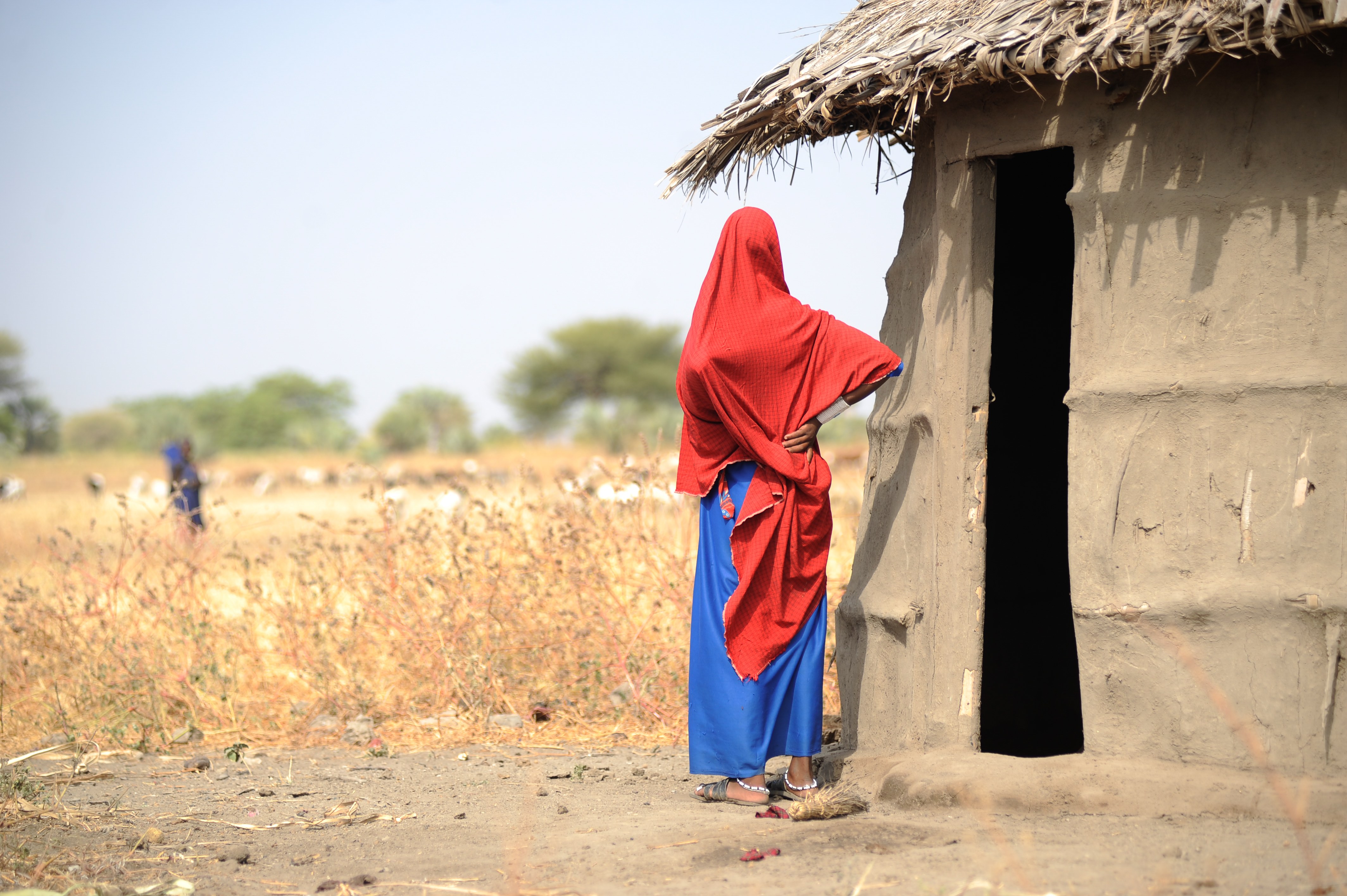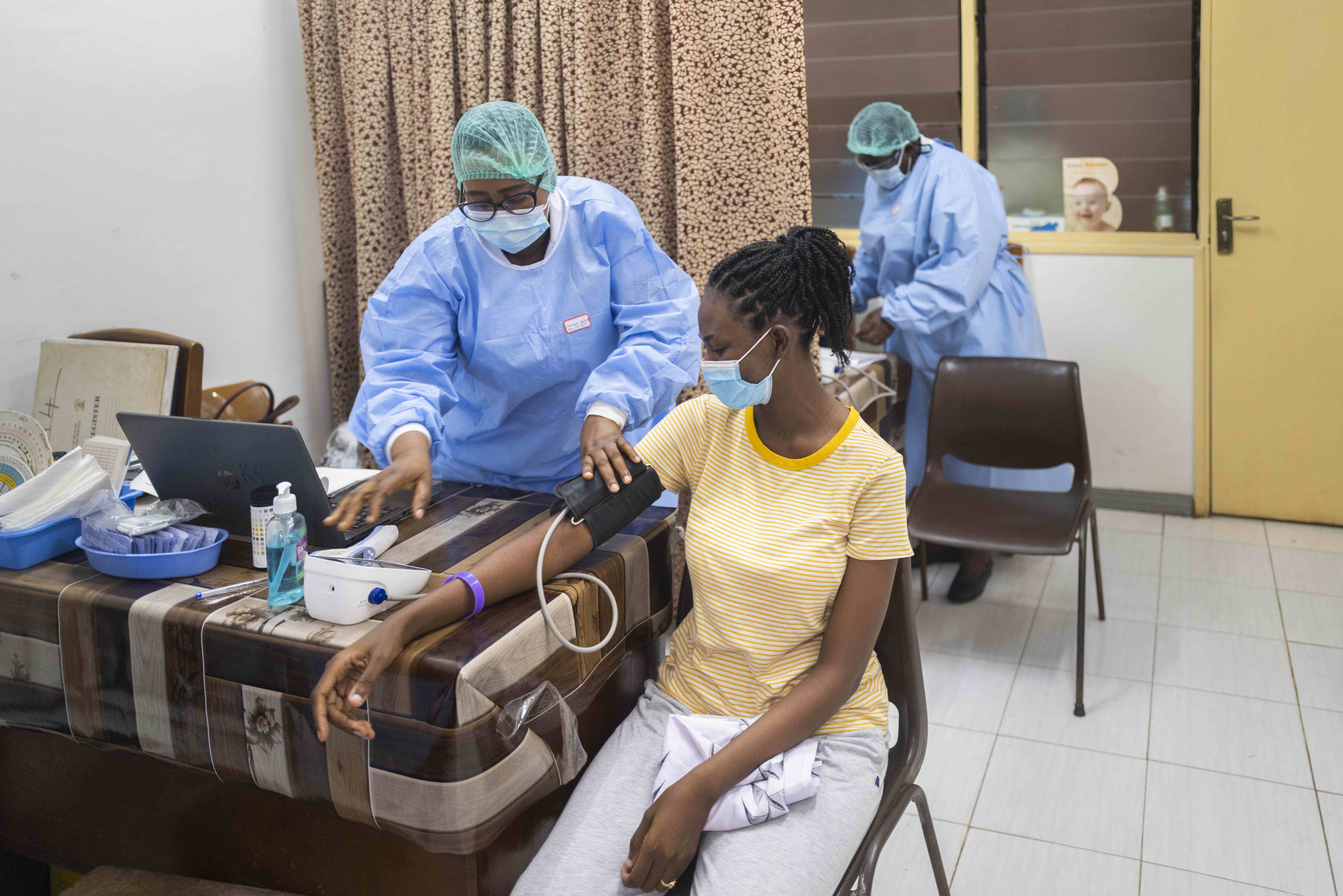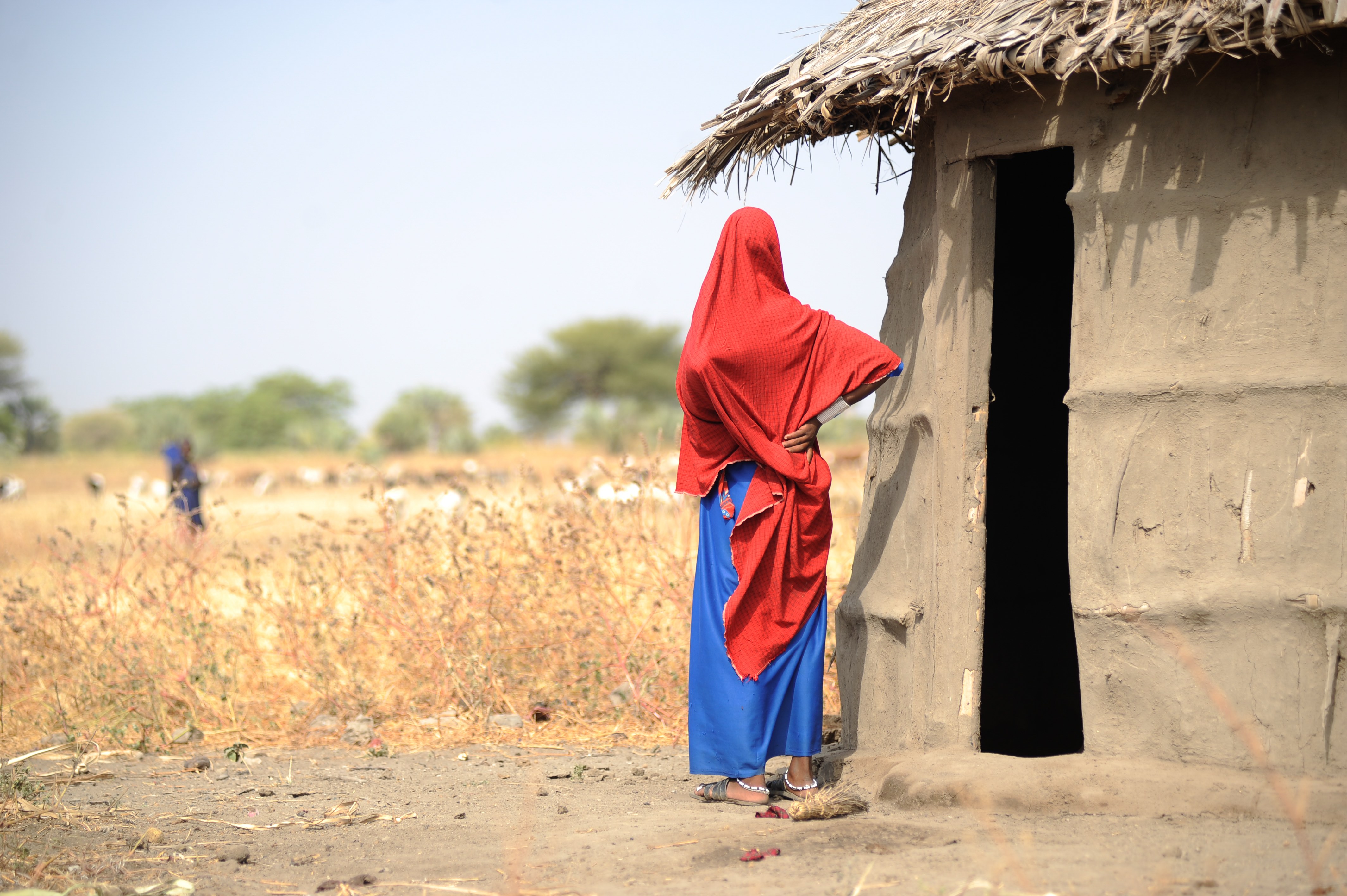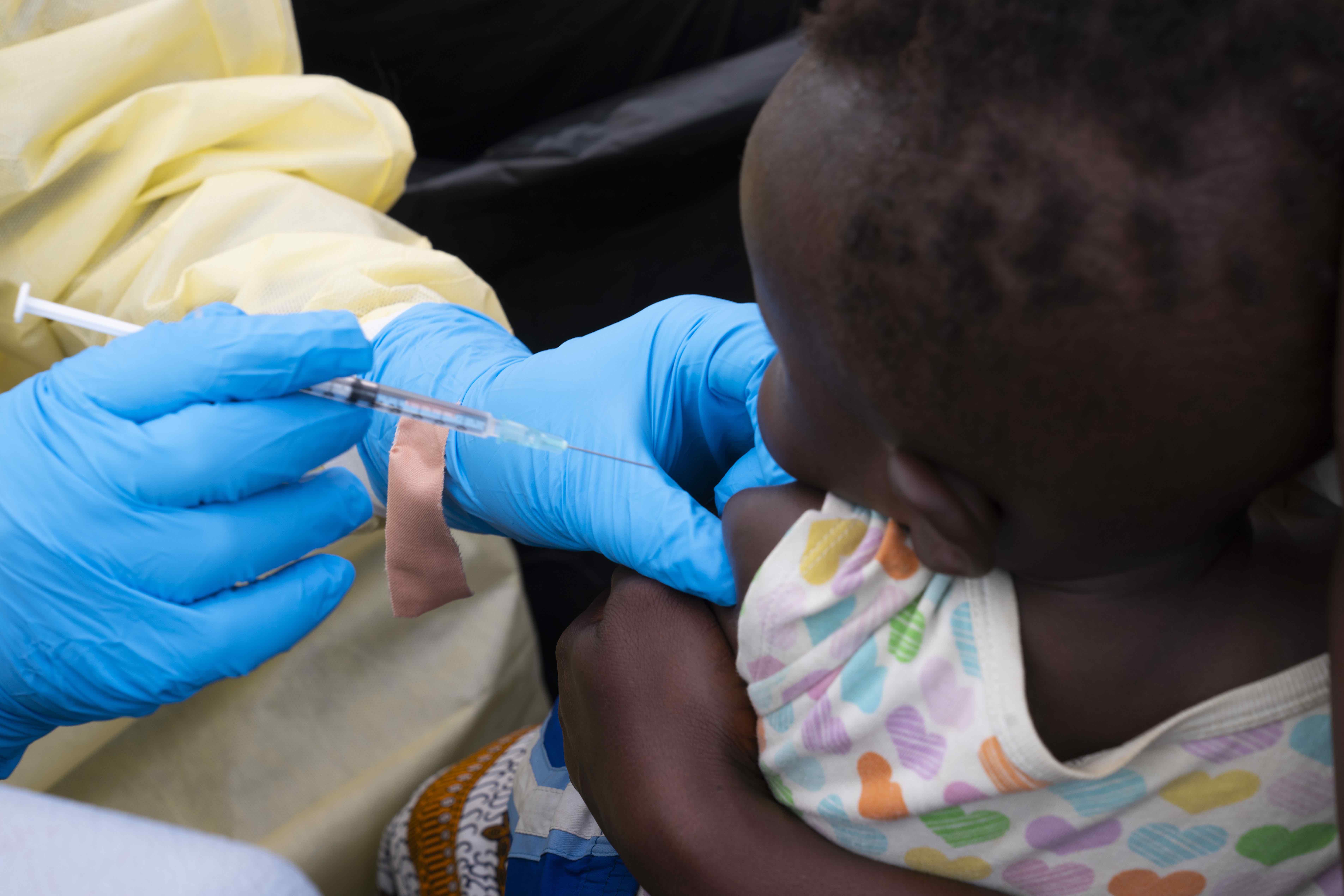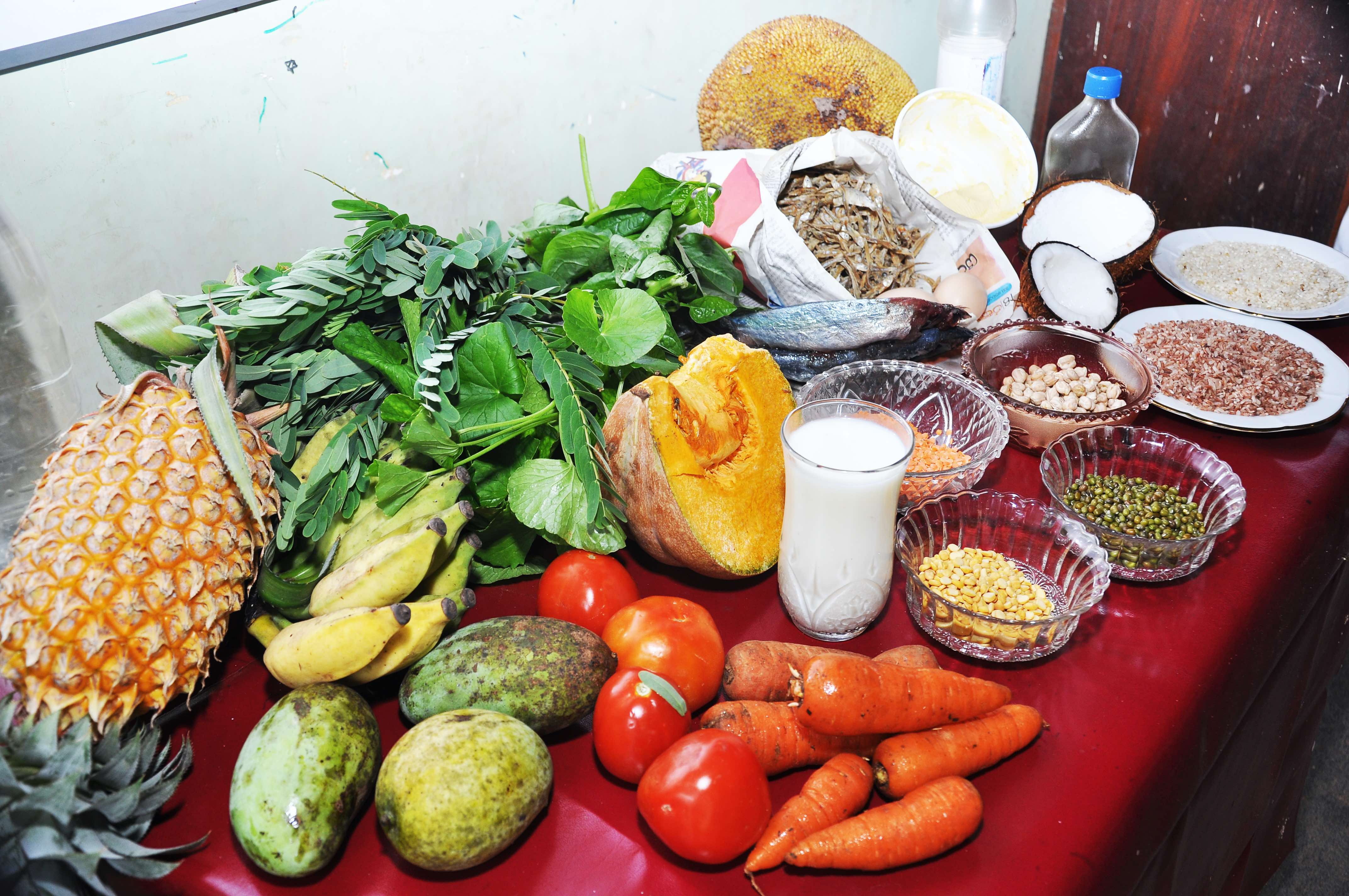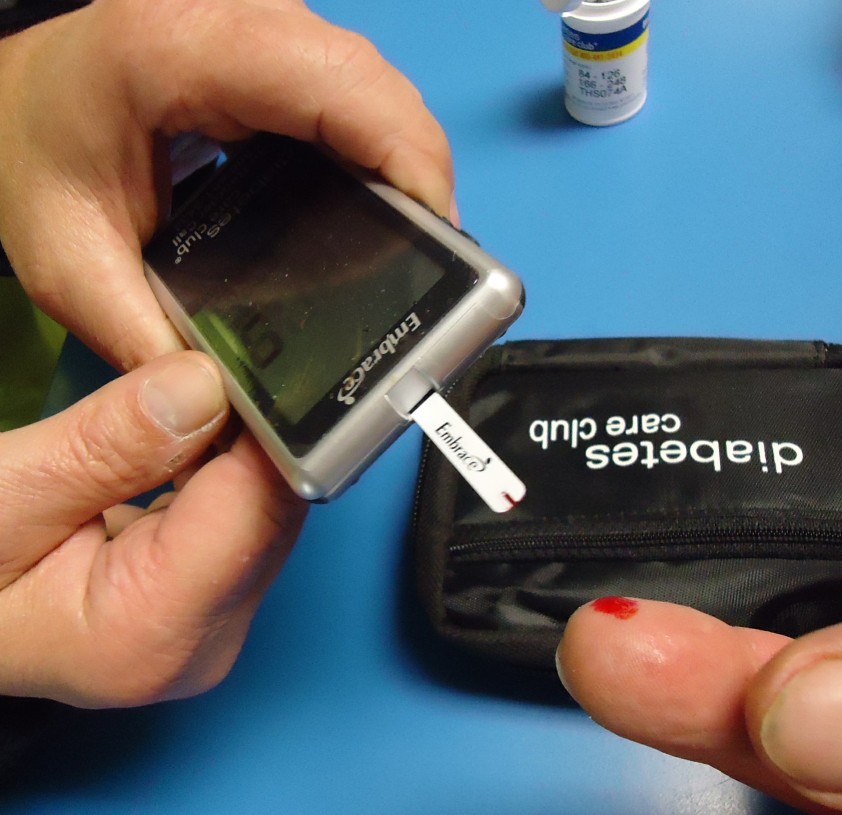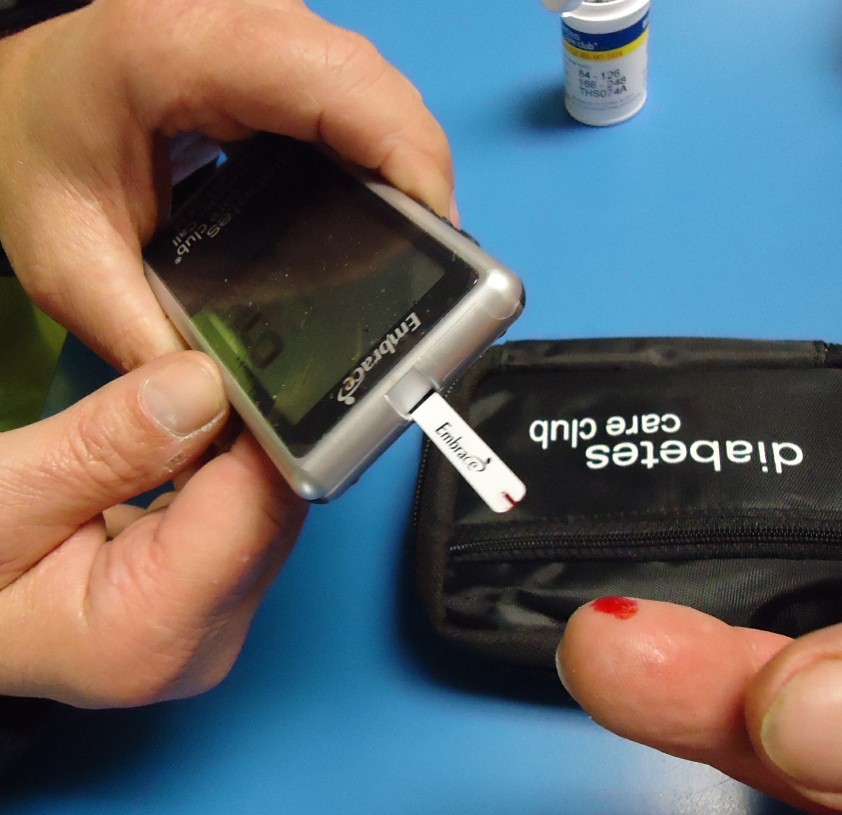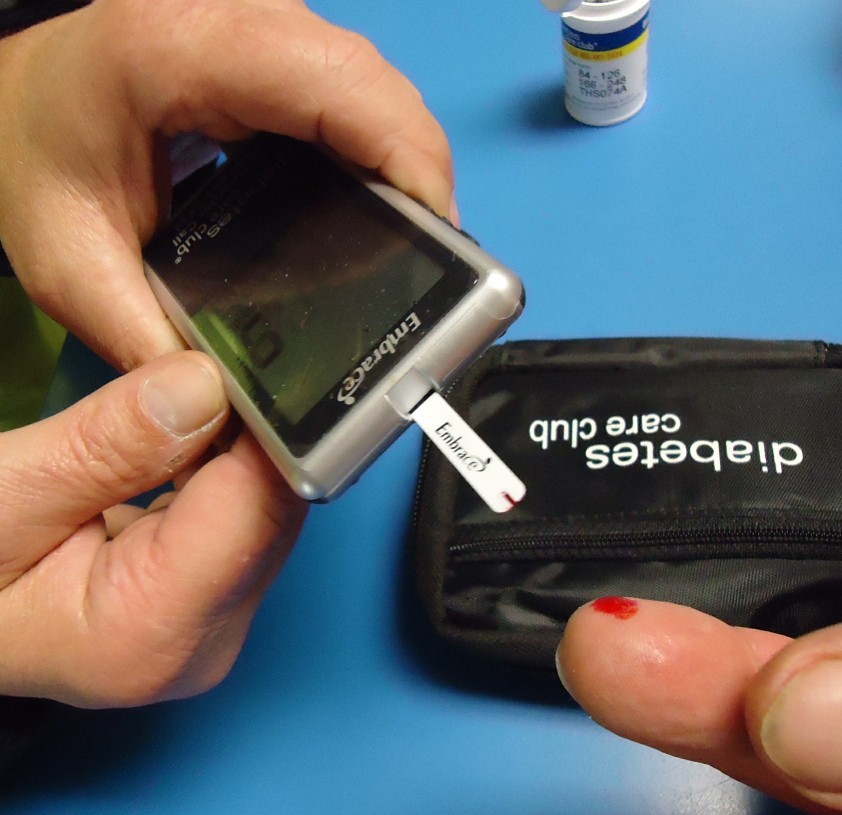International Union of Health Promotion and Education (IUHPE)
Global Framework for Capacity Building for Non-Communicable Disease Advocacy in Low and Middle-Income Countries
Report
08 Apr 2019
This document is a summary of two pilot NCD advocacy courses, one in Thailand and one in Colombia. A Global Advisory Group engaged a Local Organizing Committee in each country to ensure the courses would meet the needs of the local stakeholders. Whil...

